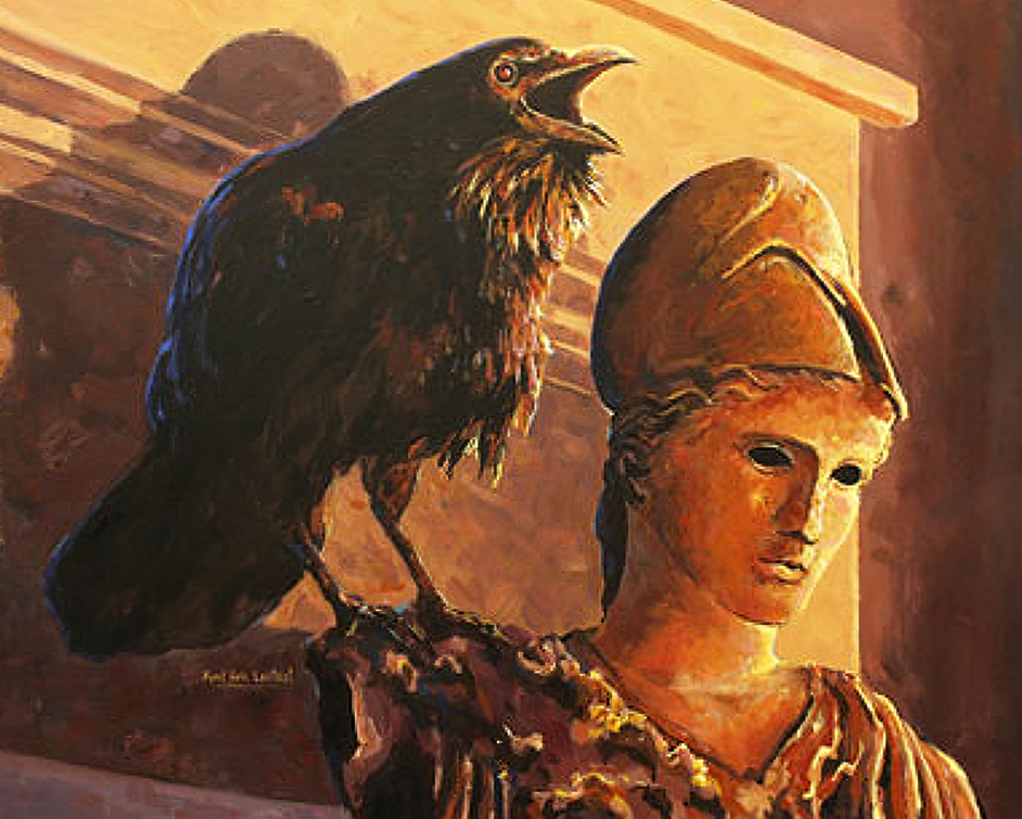Winter Solstice on Fifth Avenue
by Walter Donway
 Read Poem
Read Poem
Enough for Sunday Morning
by Walter Donway
Read Poem
A Prelude
by Walter Donway
Read Poem
Amelina
by Walter Donway
Read Poem
Invitation to A Dog
by Walter Donway
Read Poem
The Still Point
by Alexandra York
 Read Poem
Read Poem
Snow and Ice
by Alexandra York
Read Poem
This is my Man
by Alexandra York
Read Poem
Cereal Music
by Alexandra York
Read Poem
I Am
by Alexandra York
Read Poem
Sonnett to Modernists
by Mildred Breedlove
Read Poem
The Storm
by Gerald Harnett
Read Poem
An Everlasting Rose
by Emily Becker
Read Poem
The End
by Karl Westmann
Read Poem
The Artist of Fashion
by William E. Baer
 Read Poem
Read Poem
The Poet Moderne
by William E. Baer
Read Poem
Cherry Blossom Time
by Claudia Gary Annis
Read Poem
Winter Night
by Sherry Lazarus Ross
Read Poem
First Site
by Robert Daseler
Read Poem
Miss Organizations
by Allison Joseph
Read Poem
Superheart
by Marion Shore
Read Poem
Mazeway
by Jacie Raga
Read Poem
Alice Ann: The Visually Incorrect Reindeer
by Roger Donway
Read Poem
The Two Cities
by Roger Donway
Read Poem
The following 3 poems fall into the poetic category of Ecphrasis
(or directly transliterated "ekphrasis").
Ecphrasis is a term used by classicists and art historians to indicate that the poem is inspired into being by the descriptive or interpretive desire on the part of writers to relate to or interact with a work of art (usually but not exclusively paintings) in poetic form. In ICARUS and ICARA,
for example, both writers were inspired by
works of sculpture that in themselves
already relate back to the written form of
myth.
Icarus
by Moira Russell
Read Poem
Icara
by Alexandra York
Read Poem
Reaching
by Alexandra York
Read Poem
The following poems are in
Sonnets: 150 Contemporary Sonnets (Publication)
Edited by William Baer


Who Stole Poetry and Left Us Only Free Verse?
by Walter Donway
Read Essay
Expansive Poetry: Contemporary Visions in a Traditional Frame
by Arthur Mortensen
Read Essay
 Read Poem
Read Poem Read Poem
Read Poem Read Poem
Read Poem


